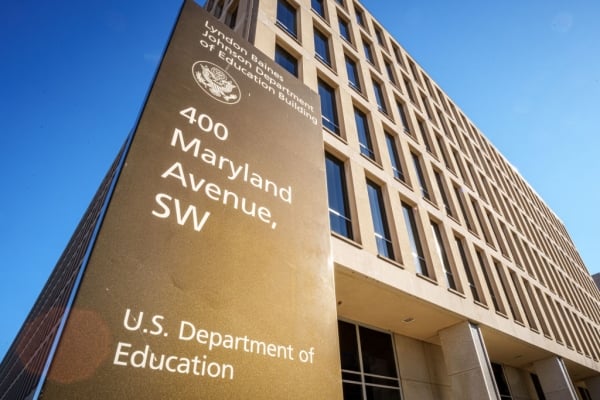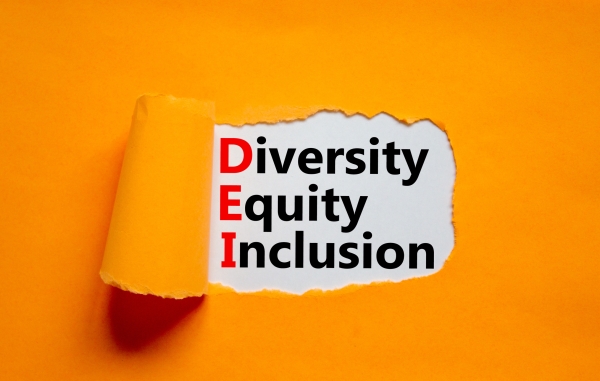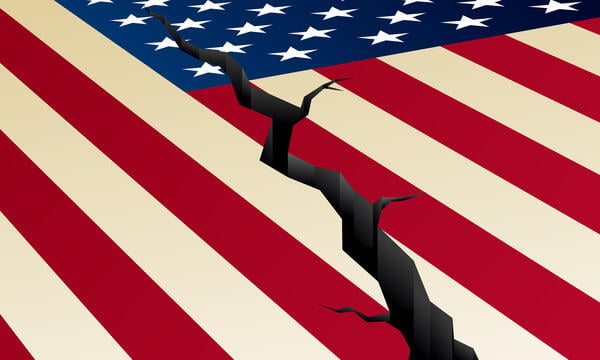Graduate students often begin their programs immediately after earning an undergraduate degree. Your excitement over a field—whether it was kindled by reading great books, paying attention to current events, the charisma of inspiring faculty members or attraction to the ideas presented in a course—gets you started on a career track that leads through graduate school. It may therefore feel a little late to start thinking about what you would like to do with your life midway through your graduate program. But in fact, it is an excellent time.
People are attracted to research for many reasons, including a fascination with problem-solving, puzzles and ideas; a desire to change the future of some problem impacting the human condition; interest in creating and running a research team; or simply an attraction to Sciencia gratia scientiae—knowledge for knowledge’s sake.
As a Ph.D. student, your research may be focused on the discovery of new principles, or you may focus on the application of existing ideas to solve practical problems. For example, you might focus on influencing policy around polyfactorial problems like poverty or climate impact, designing and testing public health interventions, or defining and implementing best practices in a given field or occupation.
As you move through graduate school, the real-world problems you are most enthusiastic about may begin to feel out of reach. Research that focuses your thinking on application of existing knowledge to bigger-picture problems may leave you disappointed that you are not out on the frontiers, developing new knowledge. At the same time, your peers who have committed to studying the tiny details of an aspect of a problem may wish they could have more of a personal stake in solving its macroscopic elements, making human lives better and influencing policy makers’ decisions.
Free Your Mind
All this raises an intriguing question: How do you build yourself into a scholar who understands a problem at many levels, from atomic to planetary, from femtosecond to geological time scales? Is it even possible—or seemly—for a graduate student to try? Of course it is! You do not have to do every type of work that touches your interests, but it is rewarding to learn about how others are thinking about the things you think about.
To understand this, try this exercise with your own work. What do we not know about your problem of interest? It does not matter if you work on malaria, Jane Austen or the root causes of poverty. The question works no matter where your interests lie. If you start jotting down answers to that question, you should be able to fill a page with unknowns in less time than it takes you to read this week’s “Carpe Careers” in Inside Higher Ed.
Stow your list away for a while, for any duration from lunchtime to a month. Later, take it out and reconsider it. Make a page with three sections and separate the mysteries into:
- Things that you don’t know but believe you can reason your way to a useful hypothesis about;
- Things that you don’t know, but that are probably in your field’s literature;
- Things that you don’t know and suspect nobody knows.
All three of these are interesting lists. You should keep the first one close to you so that you can think about it often. Treat this list like a game. When you would otherwise be playing with your phone, pull out an interesting question and spend a few minutes thinking about how you might solve it, whether with an elegant experiment, brute force or clever analogy. It does not matter much whether you actually pursue any of the ideas that come from list one. Finding ways to solve problems is a core part of your graduate training. Building confidence that many different problems are within your scholarly grasp is invaluable.
Take your second list to the library or a quiet corner and poke at your field’s literature, and then at the broader literature to see what other people have done. Be expansive as you look. If you work on, say, how vibrio bacteria sense the environment, you already keep up with the cholera literature. But what can you learn about how climate impacts the vibrios by looking for cholera in literature? How many novels have cholera as a plot element? When were they written and who was their audience? What does that literature tell you about who was affected by the disease, and where, and when, and why? What does history tell you about the times the books were written and the times that they portray? What was plumbing like in those times and places, or public sanitation? Do you have enough coffee to think deeper about your interests? Do you have enough time? It is well worth the effort, and helps you get to the fun part: list three.
Enter the Matrix
You do not have to be an expert in everything connected to your work. You can gain immeasurably more by becoming part of the vast interconnected thinking that surrounds us all. “If you want to go fast, go alone. If you want to go far, go together,” says the poorly sourced refrigerator magnet quote. To develop traveling companions, develop connections with people who, like you, have interests connected to what you study.
Promoting interdisciplinary research is important to those who take on complex problems ranging from climate change to human psychology. The logistics of stimulating interdisciplinary research are tough because different fields use different languages to describe problems that they may have in common. Those who think about connected ideas are often not only in different disciplines but in different places, whether that means in different colleges, schools and centers within a university or in different types of institutions beyond academe. Try to count the fields that are interested in poverty, from anthropology to architecture. Think of where people practice those fields: in universities, governments, civil society, international organizations, religious groups and more.
As a graduate student, you may not have time to find all those whose insights might be valuable to you. But interdisciplinarity is increasingly important to academic institutions. Yours likely has a number of interdisciplinary centers. Find a list of them and take an afternoon to look them up. If there are several centers near you, it is likely that at least one crosses into your area of interest. Sign up for their Listserv and go to their seminars. Put the limits of your field and your position aside. You are not just a grad student or just a relatively new scholar in your discipline. You are a big thinker interested in big problems. Go forward as an equal and make some new connections. It might change your scholarly life.








